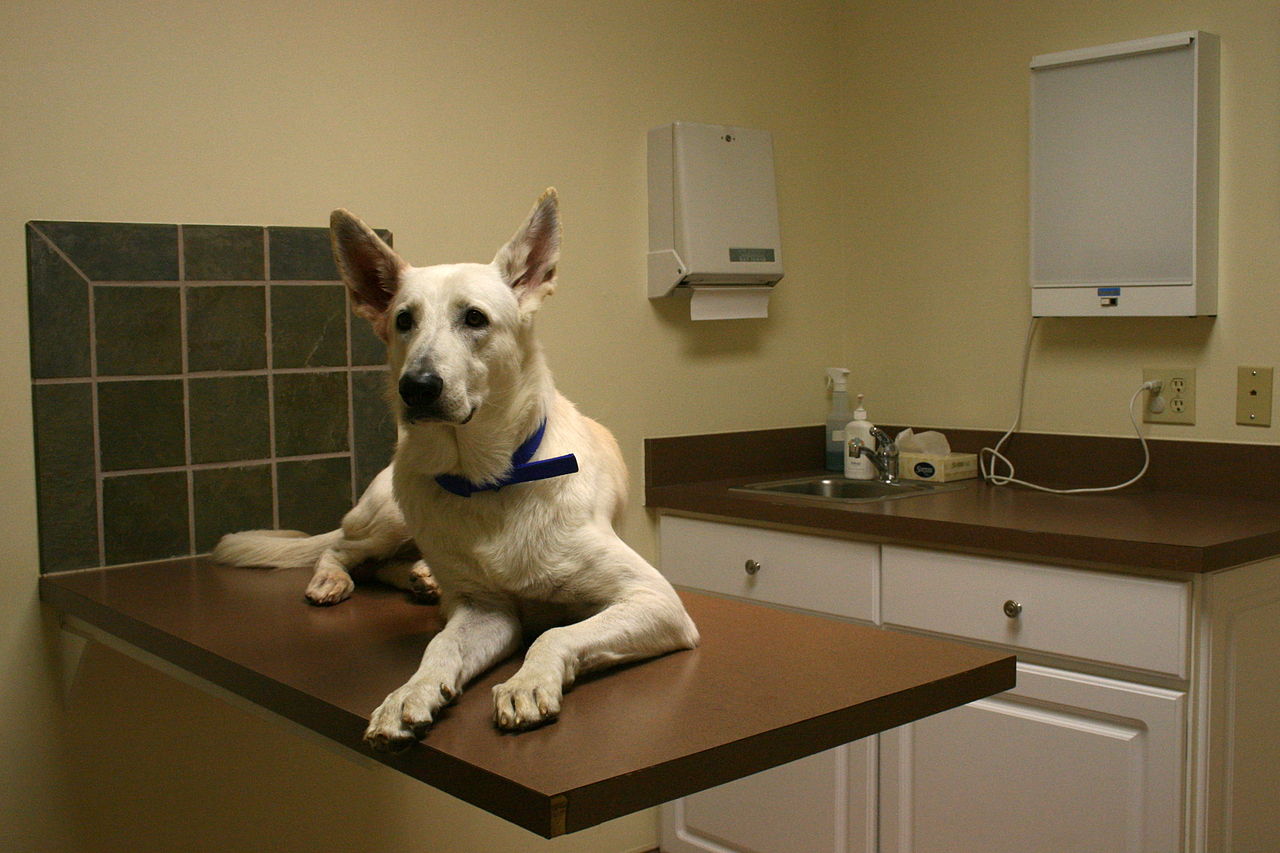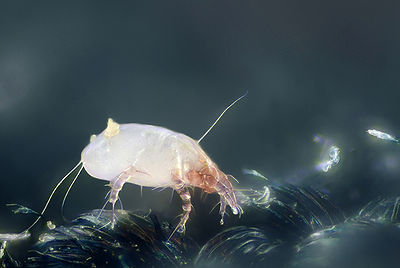Anal gland cancer, also known as adenocarcinoma, is an invasive cancer with a poor prognosis. Fortunately it is not one of the more common cancers in dogs and rare in cats.
Anal gland cancer is seen as a rectal mass, often found in the lymph nodes as well. The tumor usually affects one anal sac but can involve both sacs. It is a malignant cancer that usually metastasizes quickly to other parts of the body.
While the cause as with most cancers is unknown, it can be seen when there is a parathyroid hormone imbalance (PTH) and when hypercalcemia is present. Hypercalcemia occurs when calcium in the blood is abnormally high.
Symptoms can be difficulty defecating and urinating, lethargy, inappetance accompanied by weight loss, vomiting, muscle weakness and often a slow heart rate.
Your vet will be able to feel a mass when palpating the area. A fine needle aspirate or tissue biopsy will confirm the type of tumor. Further tests include blood tests, parathyroid hormone test, urinalysis, x-rays and/or ultrasound to determine if the cancer has spread.
Treatment recommended is surgical removal of the tumor with wide margins to try and include all existing cancer cells.
Although spread of the cancer may not be visible at the time, it may already have metastasized to other organs of the body.
Chemotherapy is sometimes given to attempt to kill any remaining cancer cells. Radiation therapy is sometimes advised if surgery is not an option or to remove any remaining cancer cells.
Risks with anal gland surgery include permanent nerve damage leading to fecal or urinary incontinence, difficulty defecating.
Sadly, by the time anal sac cancer is diagnosed, it has already metastasized. Holistic vets have had some success increasing survival time with the use of Vitamin C therapy and herbs.



